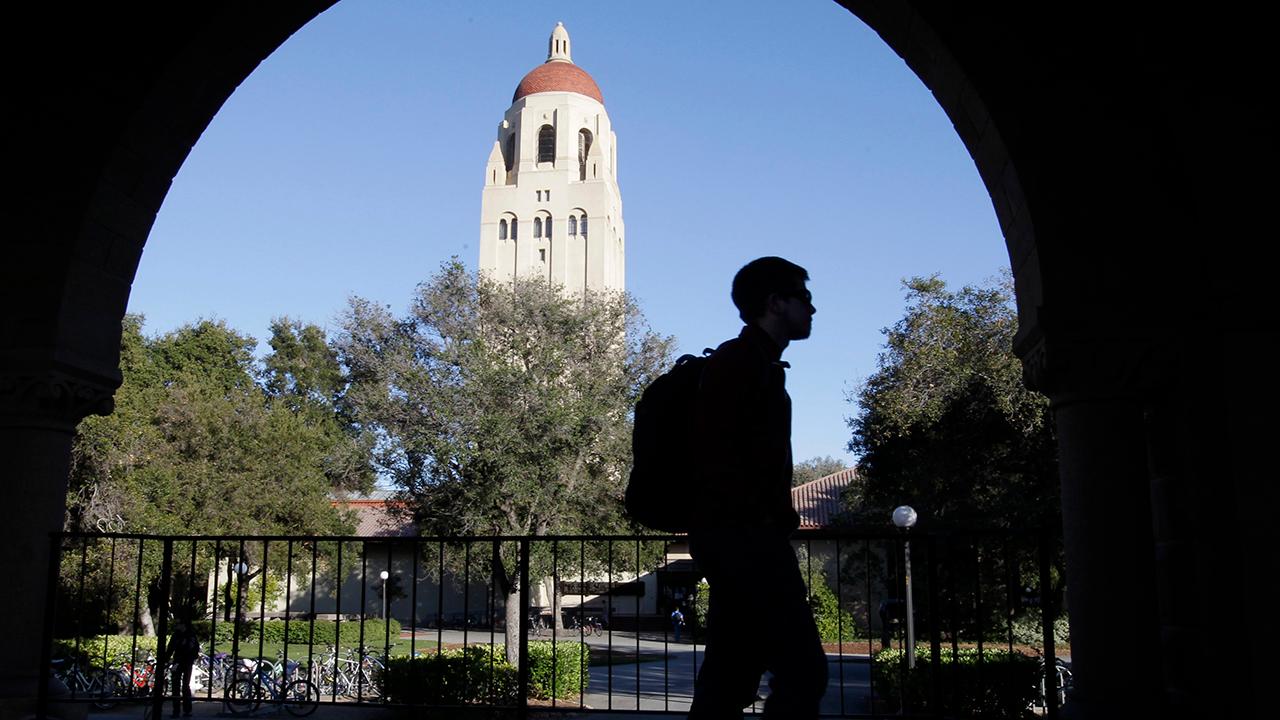Americans committing fraud to lower student loan payments? Taxpayers could bear cost
As student loan debt totals continue to climb across the country, some Americans might be lying in order to lower their monthly payments, new data shows.
According to a report released by the Government Accountability Office (GAO), a large number of borrowers with income-driven repayment (IDR) plans appeared to be claiming they were not making an income – despite earning enough to likely make their monthly student loan payments.
IDR plans extend repayment periods beyond the standard 10 years, up to 25 years. They are designed to make repayments more manageable by basing monthly payments on both income and family size.
About 34 percent of the 95,100 people with IDR plans who claimed zero income were held by people with annual wages of at least $45,000. Some were even making more than $100,000. These people cumulatively accounted for about 11 percent of the total plans looked into.
Borrowers were also potentially misrepresenting their family sizes – in two approved cases, Americans said they had 93 relatives living with them.
“These results indicate some borrowers may have misrepresented or erroneously reported their income or family size. Because income and family size are used to determine IDR monthly payments, fraud or errors in this information can result in the Department of Education (Education) losing thousands of dollars of loan repayments per borrower each year and potentially increasing the ultimate cost of loan forgiveness,” researchers wrote.
Nearly half of the $859 billion in outstanding federal direct loans was being repaid by borrowers using IDR plans as last year, according to the GAO.
The GAO also noted that IDR plans may carry high costs for taxpayers and the government because of the possibility of loan forgiveness.
The report stated that the Department of Education cannot accurately verify whether borrowers have zero income or what they claim their family size is.
In response to the report, Department of Education Secretary Betsey DeVos said it further proves there is “significant risk in the federal student loan portfolio.”
"As the GAO highlights, the lack of accountability built into these programs creates significant risk for taxpayers. That's why the Department has already looked at ways to better verify income and family size for all borrowers enrolled in income-driven repayment programs,” DeVos said in a statement.
CLICK HERE TO GET THE FOX BUSINESS APP
U.S. student loan debt has climbed to nearly $1.6 trillion.
Meanwhile, the problem has attracted the attention of lawmakers on Capitol Hill, as a number of 2020 candidates have released plans to address the issue. Democratic Massachusetts Sen. Elizabeth Warren and Independent Vermont Sen. Bernie Sanders have each released proposals to “cancel” or forgive debts for millions of Americans.




















